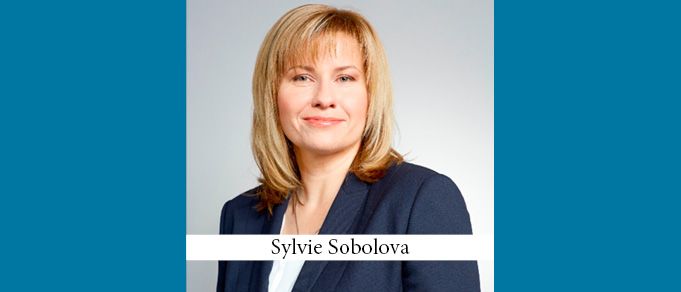The Czech Parliament recently passed a bill amending the country’s Pharmaceutical Act to restrict the exportation of pharmaceuticals from the Czech market that has, in the past, resulted in a shortage of some medicinal products within the country. The Czech pharmaceutical market is thus facing a substantial change once the amendment becomes effective on December 1, 2017.
In recent years, Czech patients have faced shortages of various pharmaceutical products as a result of parallel export in situations where, for various reasons – often involving price regulation or absent patent protection – the prices abroad were substantially higher than on the Czech market. In order to meet the statutory obligation to supply sufficient amounts of pharmaceutical products to Czech patients, many pharmaceutical companies implemented direct distribution channels that aimed to ensure that pharmacies were able to obtain enough products for patients.
Without prior discussion with stakeholders, the Czech Parliament took the initiative to solve the situation in its own way – which, many believe, will have the opposite effect to the one desired.
Under the amendment, wholesalers will be obliged to supply pharmaceuticals upon receipt of a pharmacy’s request within two days. In order to be able to provide the necessary medicines, wholesalers will be entitled, in turn, to request them from marketing authorization holders (“MA Holders”), who are obliged to ensure that the medicinal product is available as needed by patients in the Czech Republic by supplying it in adequate quantities and time intervals. These MA Holders will be obliged to supply amounts corresponding to the market share of the wholesaler who submitted the request. The relevant market for the purposes of the market share calculation shall be the entire wholesale market of human pharmaceuticals in the country.
A fine of up to CZK 20,000,000 can be imposed on MA Holders who breach this obligation.
The consequences of the new obligation, while still unclear, are potentially far-reaching. Currently, there is no implementing regulation that provides detailed guidelines on how to determine the adequate quantities of medicinal products to cover the needs of patients in the Czech Republic or on how to determine the market share of particular medicinal product wholesalers. This may be particularly problematic in situations where direct distribution channels that supply the pharmacies are already in place. Another question that arises in this context is who, exactly, is obliged to calculate the market share and what information sources the MA Holders should use in order to verify the wholesaler’s request.
More importantly, it seems that MA Holders will be forced into a de facto cartel agreement, since the amendment will impose obligations that, de facto, lead to the same outcome as a market-sharing agreement between wholesalers (as the fixing of wholesalers’ market shares is equivalent to a horizontal hardcore cartel). Thus, the conclusion of such agreements might require settling the conflicting interests of wholesalers in cooperation with them. It will be interesting to observe how this will be perceived by the competition authorities.
Moreover, despite performing their statutory obligations, Czech or foreign MA Holders, if dominant on the relevant market, might be found to be abusing their dominant position if they refuse to supply other (new or foreign) wholesalers – which obviously have a zero market share.
It is clear that the amendment, instead of improving supply to pharmacies, may have the opposite effect, as many MA Holders, in view of the risks involved, may decide to abandon the Czech market altogether. Moreover, the amendment might adversely affect the already-functioning direct distribution channels, and patients might face even more serious shortages than before.
By Sylvie Sobolova, Partner, Kocian Solc Balastík
This Article was originally published in Issue 4.5 of the CEE Legal Matters Magazine. If you would like to receive a hard copy of the magazine, you can subscribe here.
